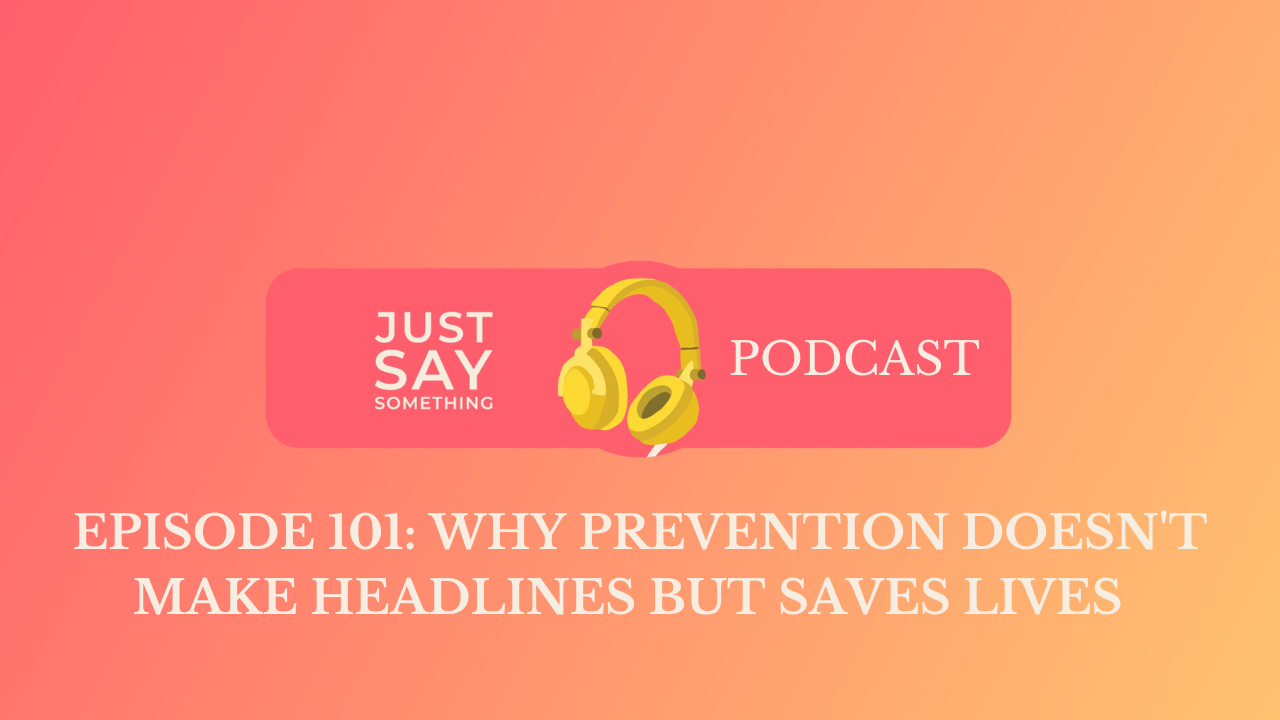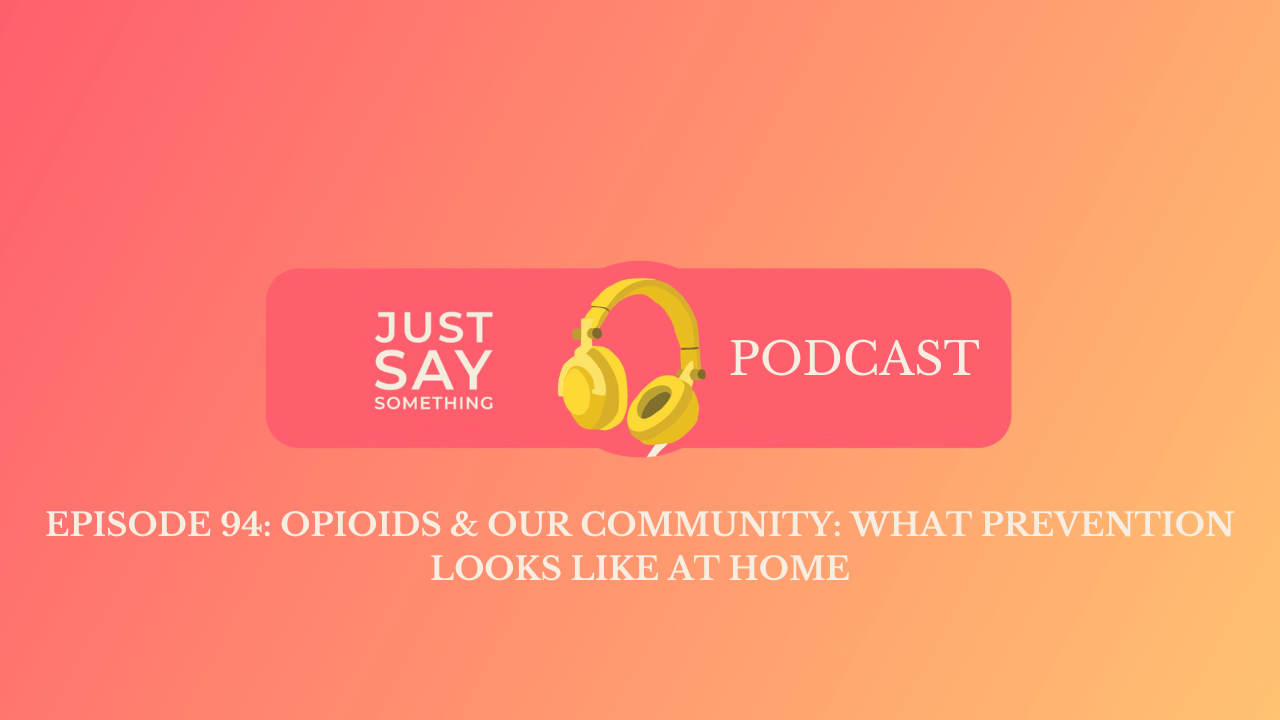[00:00:00] Foreign welcome back to Just say Something Podcast. I'm your host, Philip Clark.
[00:00:14] Today I have one more April awareness month to share with you, and it's National Minority Health Month.
[00:00:24] Don't forget. Before I get too far into this, if you like our podcast, please be sure to subscribe, follow, like, share, and comment to help others find us.
[00:00:40] So back to today's topic. Every April, this observance reminds us of the critical health disparities affecting racial and ethnic minority communities across our nation.
[00:00:53] These disparities don't exist in isolation. They intersect with factors like disability status, sexual orientation, gender identity, geographic location, and socioeconomic status.
[00:01:13] The statistics really tell the story. Minority populations often experience higher rates of chronic conditions like diabetes, obesity, and heart disease.
[00:01:28] These same communities face barriers to health care access, including lack of insurance, transportation challenges, and fewer culturally responsive care options.
[00:01:43] But awareness is the first step toward change. When healthcare providers offer culturally appropriate information and care, patients become empowered to create healthier outcomes for themselves and their communities.
[00:02:00] So what can we all do?
[00:02:04] First, educate ourselves about the health disparities in our own communities.
[00:02:10] Second, advocate for culturally sensitive health care services and third, support organizations working to close these gaps.
[00:02:22] Remember, health equity isn't just a minority issue it's a human issue that affects us all.
[00:02:30] When every community has the resources and knowledge to achieve optimum health, our entire society benefits.
[00:02:40] Let me share some statistics that highlight why this work is so urgent.
[00:02:47] So According to the CDC, black women are 40% more likely to die from breast cancer than white women, despite similar incident rates.
[00:03:02] Hispanic adults are 70% more likely to be diagnosed with diabetes than non Hispanic. White adults, an American Indian and Alaska Native people are twice as likely to have liver or bowel duct cancers compared to white populations.
[00:03:22] These disparities extend beyond just disease rates. Nearly 30% of Hispanics and 20% of black Americans lack a usual source of health care, compared to just 14% of white Americans.
[00:03:44] And minority populations are substantially more likely to be uninsured, with Hispanic Americans having the highest earned uninsured rate at approximately 20%.
[00:04:00] But there's good news, too. When community health programs are culturally tailored, they work.
[00:04:07] Studies show that culturally appropriate diabetes education can improve blood sugar sugar control by up to 40% in minority populations.
[00:04:20] What else can we do beyond that of what I mentioned earlier? Health care providers can participate in culturally competency training. Businesses can implement workplace wellness programs that address diverse health needs.
[00:04:37] Educational institutions can incorporate health equity into their curriculum. And each of us can volunteer with organizations focused on minority health initiatives in our community.
[00:04:53] To learn more, I recommend you visit the Office of Minority Health's
[email protected] which offers resources in multiple languages. The National Institute on Minority Health and Health Disparities also provides funding opportunities for research and community programs, and many hospitals now have departments dedicated to health equity that offer free screenings and educational materials. You can also follow MinorityHealthMonth on social media to connect with events happening nationwide or check our local community health centers for special programming during April.
[00:05:45] Also, you can take a look at the South Carolina Department of Health's website, dph.sc.gov their site is full of information about health and health disparities locally. I would recommend learning more about our Friends at Unity Health on Main.
[00:06:06] They are a community health center providing Greenville pediatrics and comprehensive primary care health services that are culturally competent and client driven. With more than 70,000 residents lacking access to affordable health care in Greenville county area, our Friends at Unity Health on Main was developed to reduce area health disparities and inequities. Learn more by going to Unity Health on Main.
[00:06:42] Org. They are a partner of ours and they also have the ability to refer to in house mental health services.
[00:06:53] So that's all for today's episode. Remember, addressing health disparities requires all of us to work together. Your awareness and action matter.
[00:07:05] So until next time, I'm Philip Clark with Just say Something. And thank you again for listening to Just say Something's podcast.


